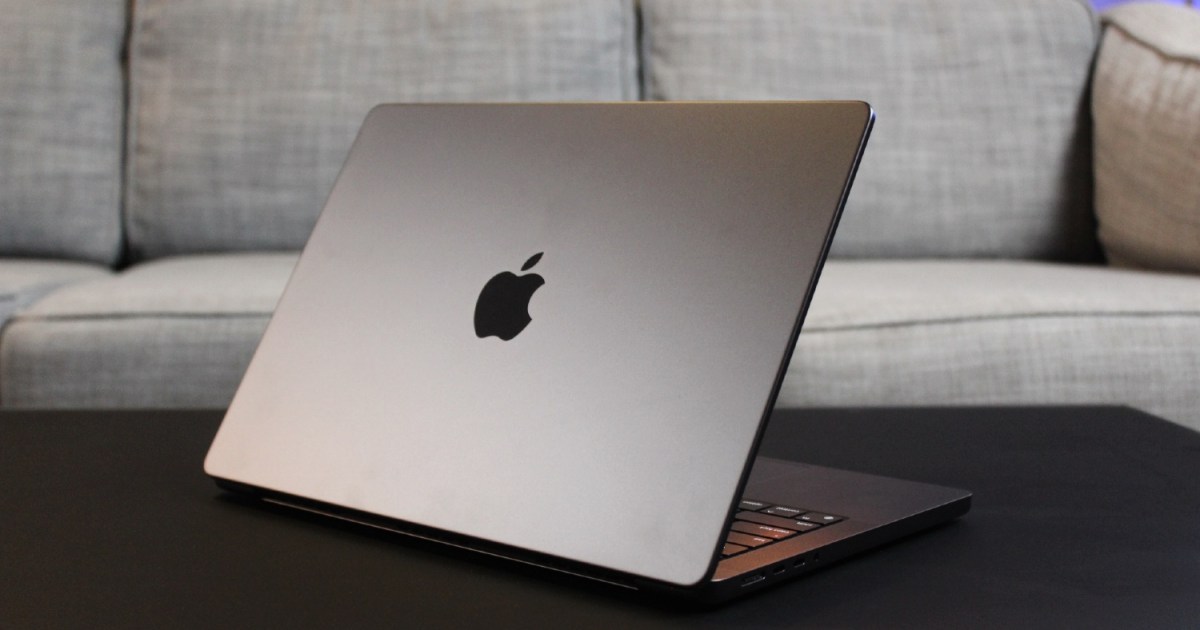Inching forward bumper to bumper on a highway when you’re on the way to an appointment, or worse, the airport, is enough to spike anyone’s blood pressure (BP). But researchers have found that a BP surge occurs independent of external stressors, and it could be due to the poor air flowing into the car from surrounding traffic.
The University of Washington (UW) researchers undertook a randomized crossover trial and were surprised to see that sitting in traffic and breathing unfiltered air was linked to a 4.5 mm Hg surge in blood pressure, which peaked at around 60 minutes of exposure but lingered for up to 24 hours following the event.
“The body has a complex set of systems to try to keep blood pressure to your brain the same all the time,” said lead researcher Joel Kaufman, a physician and professor at UW. “It’s a very complex, tightly regulated system, and it appears that somewhere, in one of those mechanisms, traffic-related air pollution interferes with blood pressure.”
In the study, 16 participants aged 22-45 years were driven as passengers through peak-hour traffic in Seattle for periods across three days, to measure the impact of traffic pollution on blood pressure. For two days, the air flowed into the vehicle normally, to mirror how most of us drive, and on another day the car was fitted with a high efficiency particulate air (HEPA) filter, which blocked 86% of particulate pollution.
Blood pressure readings were taken a day before, during and after the drive, with 14 three-minute tests collected. Image-based central retinal arteriolar equivalents (CRAEs) were also measured before and after. Brachial artery diameter and gene expression were also taken.
The mean adjusted systolic blood pressure reading of 4.5 mm Hg higher than baseline is comparable to the effect of a high-sodium diet.
“We know that modest increases in blood pressure like this, on a population level, are associated with a significant increase in cardiovascular disease,” Kaufman said. “There is a growing understanding that air pollution contributes to heart problems. The idea that roadway air pollution at relatively low levels can affect blood pressure this much is an important piece of the puzzle we’re trying to solve.”
Traffic-related air pollution (TRAP) is the primary cause of air quality variation across US metropolitan cities. It also contains high levels of ultrafine particles, which are less than 100 nanometers in diameter but have been repeatedly implicated in a number of air-quality-related poor health outcomes. Here, the ultrafine particle level was low, or the equivalent to an Air Quality Index of 36 (a score below 100 is considered satisfactory), yet the filters were able to remove almost all traces before it flowed into the car.
“Ultrafine particles are the pollutant that were most effectively filtered in our experiment – in other words, where the levels are most dramatically high on the road and low in the filtered environment,” Kaufman said. “So, the hint is that ultrafines may be especially important [for blood pressure]. To actually prove that requires further research, but this study provides a very strong clue as to what’s going on.”
While the precise BP-triggering mechanism in TRAP is not fully known yet, the researchers point out they took care to take other potentially confounding factors out of the mix.
“Studies on this topic often have a challenging time separating the effects of pollution from other roadway exposures like stress and noise, but with our approach the only difference between drive days was air pollution concentration,” said lead author Michael Young, a former UW postdoctoral fellow in the Department of Environmental and Occupational Health Sciences. “The findings are valuable because they can reproduce situations that millions of people actually experience every day.”
The report was published in the journal Annals of Internal Medicine.
Source: University of Washington







